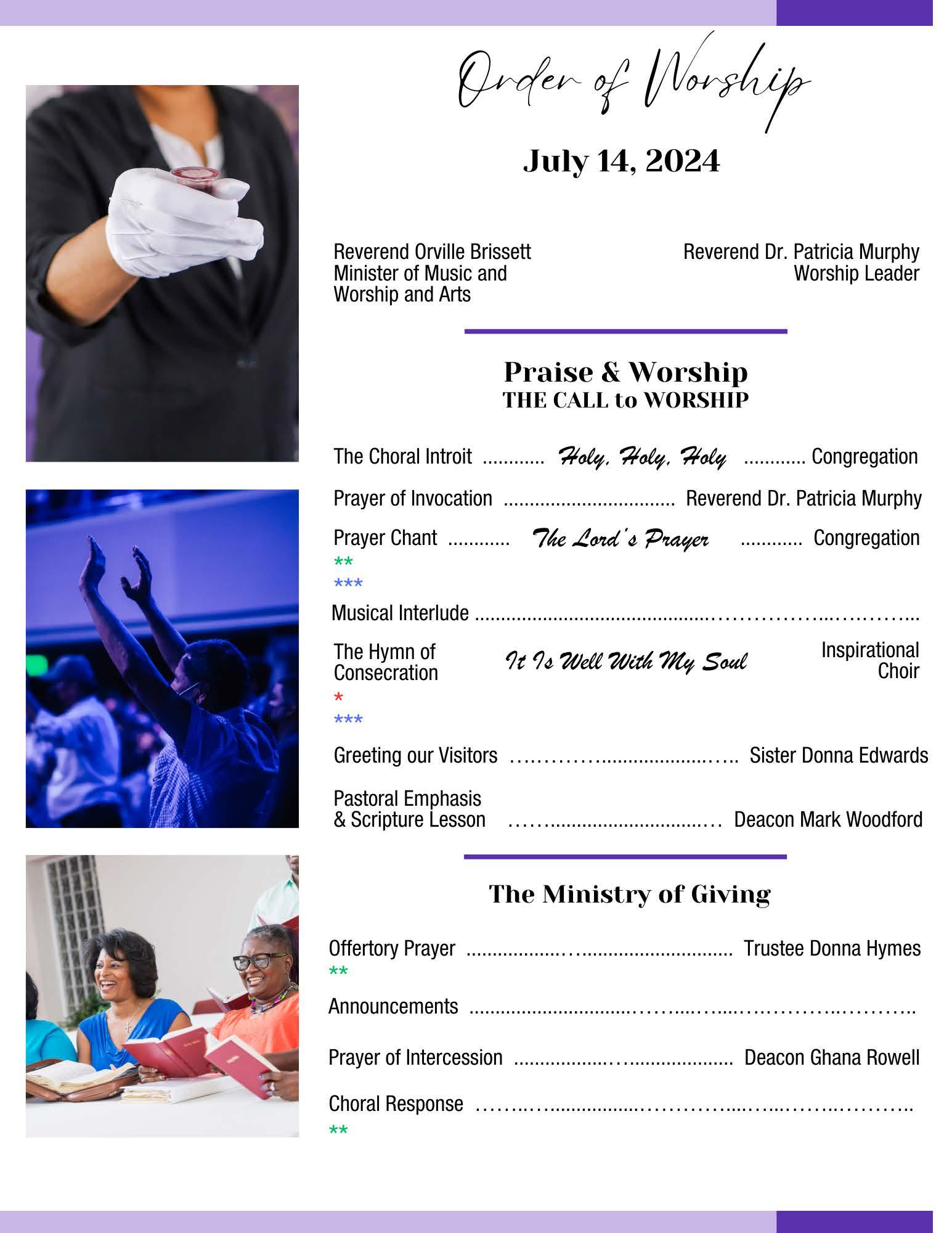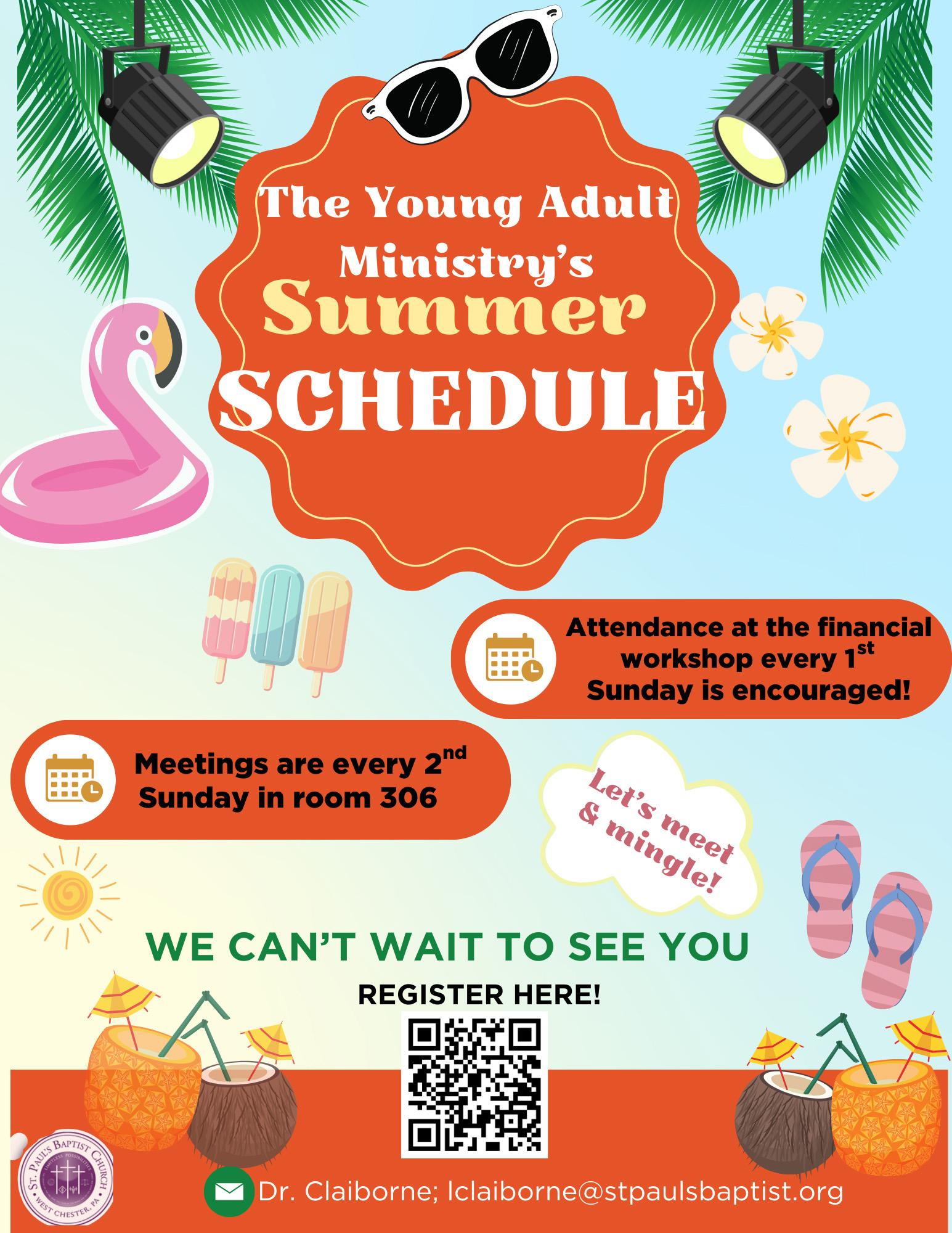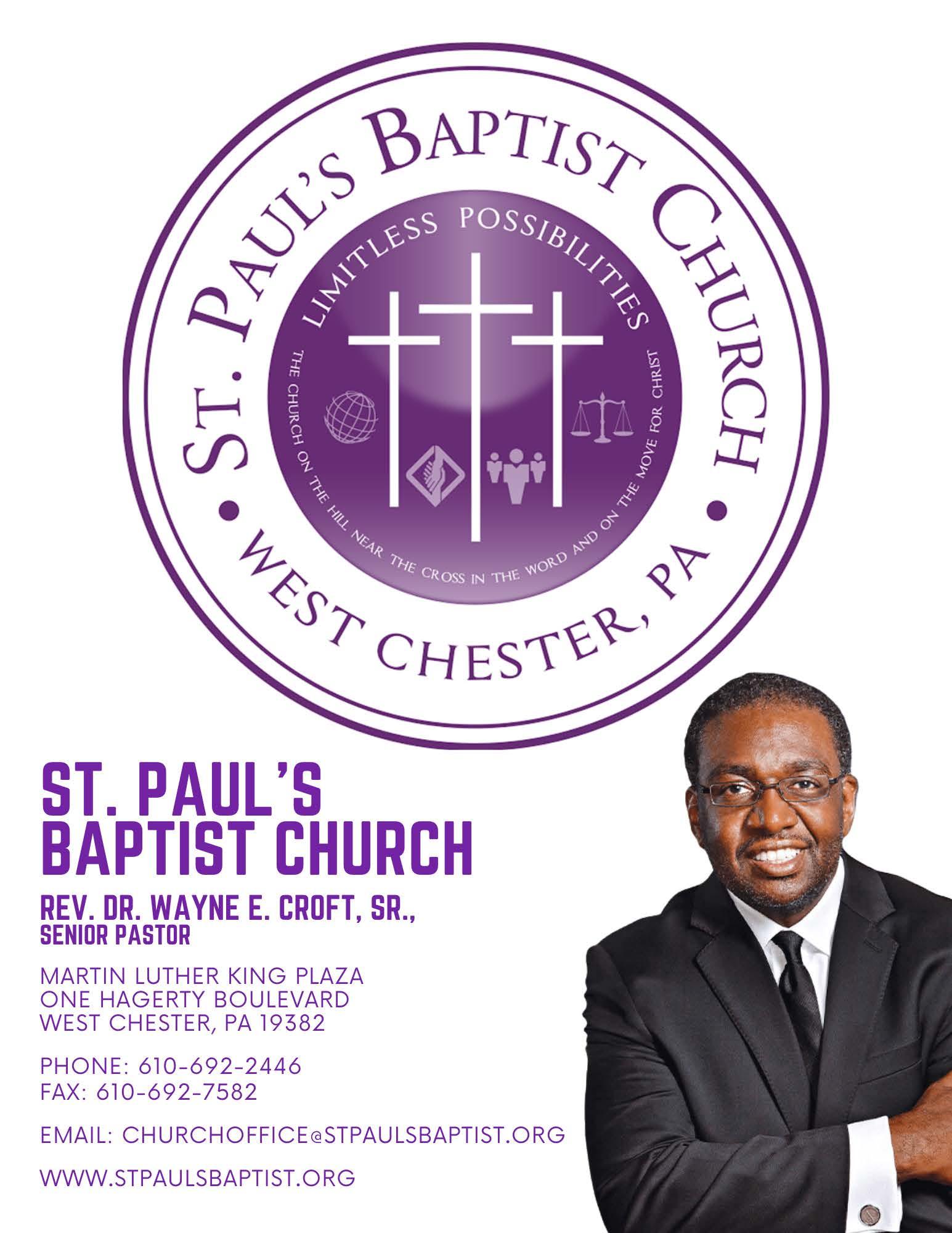













July is Bebe Moore Campbell National Minority Mental Health Awareness Month, a time to highlight the unique strengths and challenges faced by Black, Indigenous, and people of color (BIPOC) in relation to mental health. Named in honor of Bebe Moore Campbell, a journalist, teacher, author, and mental health advocate, this month is dedicated to continuing her legacy by focusing on the mental health needs and experiences of BIPOC communities.
Fear of judgment, cultural beliefs, generational differences, and lack of access to resources often prevent people of color from addressing struggles openly and seeking the help they need. To overcome these barriers, it is essential to foster open and honest conversations about mental health. Breaking the silence is a crucial step toward healing and prioritizing mental wellness.
This July, we encourage everyone to take steps towards improving mental health in BIPOC communities. To support these efforts, Mental Health America has created a free BIPOC Mental Health Toolkit. The toolkit contains handouts, outreach ideas, social media assets, and other resources to help combat stigma, break down myths, and encourage conversations about mental health.
By sharing stories, listening to others, and supporting one another, we can create a more inclusive and understanding environment where mental health is prioritized for everyone. Let’s work together to promote mental health awareness in all BIPOC communities.
For more information, explore the BIPOC Mental Health Toolkit provided by Mental Health America at mhanational.org/july and visit the BIPOC Mental Health Resource Center at mhanational.org/bipoc.

In BIPOC communities, talking about mental health can be considered taboo. This fact sheet will uncover different “myths’’ that may exist in BIPOC communities about seeking mental health support. It will also provide affirmations you can repeat to yourself to help you think positively about asking for help, even when you might hear messages saying the opposite.
It’s normal to need support from time to time and talking with others is a great way to get that. Some people in BIPOC communities might believe that being “strong” means they don’t face stress or emotional struggles and can just keep moving forward after a traumatic event. Others may feel that the challenges they face aren’t anyone else’s business.
However, being vulnerable about how you are feeling and accepting help when you need it requires a great deal of strength. By speaking up about your feelings and needs, you set an example for others to tend to their own mental and emotional health.
Family is important to many. Depending on your preferences or how you grew up, you might believe that sharing challenges going on within the family is inappropriate. You may have been taught that family concerns should stay “behind closed doors” or that you shouldn’t “air your dirty laundry in public.” Some may also have been taught that seeking mental health care would bring shame to their family.
However, sharing your feelings and experiences with friends or professionals you trust can be extremely valuable to you and your family. You might learn healthy coping or communication skills that would benefit you, but would also positively impact your family dynamic. Because we are all interconnected, anything you do to take care of yourself naturally helps take care of your family.
Therapy is for everyone. No matter what stage of life you are in, and wherever you are in your mental health journey, talking to a therapist who understands you can be extremely beneficial. Therapy can help you view yourself with more compassion, improve your relationships, set goals for yourself and so much more.
BIPOC celebrities, such as Charlamagne tha God and many others, have opened up about the positive impact therapy has had on their lives. BIPOC athletes Simone Biles and Naomi Osaka shared that therapy was important for them after taking a break from competitions to take care of their mental health. Celebrity or not, therapy is something we can all benefit from as humans since we are hard-wired for connection.
• Expressing my feelings and asking for help is a sign of strength, not a sign of weakness.
• Giving and receiving support is part of a natural cycle of life. I have given support in the past; I am allowed to receive support in the present; I can give support again in the future.
• I am allowed to express myself to people I feel comfortable and safe with, even if they are not my biological family.
• I am allowed to create a “chosen family” that I can trust to listen when I need validation and support.
• Going to therapy does not make me “crazy.” It makes me wise.
• Therapy gives me a space to heal and grow so I can thrive.
Myth #4: “Mental illness is a white people problem.”
Just like we all have physical health and sometimes get sick, we all have mental health and can experience mental health conditions. According to recent statistics, 17% of Black/African Americans, 15% of Latine/Hispanic Americans, 13% of Asian Americans, and 23% of First Nations people live with a mental health condition.
While the field of psychology is growing more diverse; the majority of psychologists in the U.S. are white. With this in mind, it can seem as though going to therapy is only something white people do. It is important for people from BIPOC communities to receive culturally responsive care when in therapy. Therapists providing culturally responsive care will work to understand your cultural background, validate your experiences of discrimination and stigma, and also apologize for any communication errors that cause harm.
Myth #5: “If you’re struggling, you aren’t praying enough.”
Struggling with your mental health does not mean that you are being spiritually tested or punished for your sins. We all need support with our mental health sometimes.
Spiritual support can come in many forms, such as the people and resources that are put in your path to help you heal. Working with a mental health professional can supplement other sources of spiritual or emotional support, and many therapists are also spiritually-minded. Finding someone who shares your religion or recognizes the importance of faith in your life can make your healing experience more personal and effective.
Myth #6: “My ancestors and family had it worse, so I don’t have a right to feel how I do.”
You may feel guilty if you are struggling with your mental health because your family made sacrifices in order for you to have what you have. You may feel like you don’t have the right to “complain” because you feel like your circumstances are nothing compared to the levels of racism, displacement, and violence others went through.
However, two things can be true at once. You can feel gratitude for your ancestors/family and all they have done for you. You are also allowed to have and express your own feelings about what you are going through in the present. By seeking and accepting help, you can actually play a part in healing generational trauma. In this way, you are both working to heal yourself and the trauma your ancestors went through.
• Everyone has mental health. It is part of what makes us human.
• I deserve to work with a therapist who understands and affirms me.
• My faith supports and strengthens me, and I am allowed to seek help from a therapist if I am struggling with my mental health.
• My faith can support my work in therapy; my work in therapy can support my faith.
• My feelings are valid and I deserve care and support. When I care for myself, I care for my family/ancestors.
• My ancestors would want me to be as happy and healthy as possible.
If you are struggling with your mental health, visit mhascreening.org to take a free and private mental health test. It only takes a few minutes, and after you are finished you will be given information about the next steps you can take based on the results.
Visit mhanational.org/bipoc to learn more about mental health in BIPOC communities.










